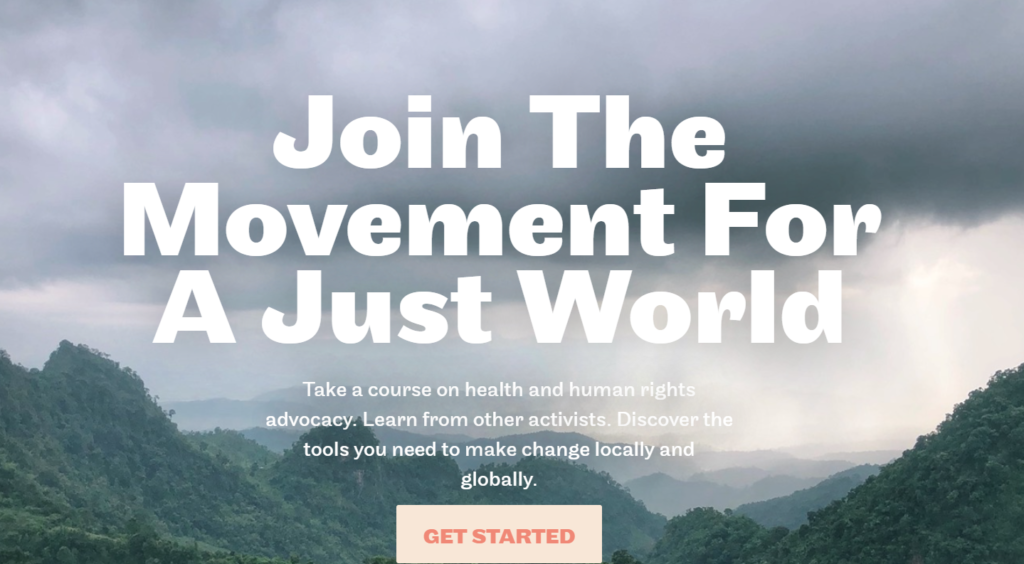Human Rights Advocacy Resources
This page contains resources & technical guidance to help people who use drugs engage with global human rights mechanisms. Check back here for the latest updates.
Community-led Monitoring for People who Use Drugs
Community-led monitoring (CLM) plays a vital role in advocating for the rights and well-being of people who use drugs. It relies on our leadership and expertise to increase equity, uphold human rights, and improve accessibility and acceptability of services. We have produced a guide to introduce CLM to our community and to provide resources to support the implementation of and funding for CLM.
English
The Fight for Accountability: Opportunities to Engage in Human Rights Advocacy for INPUD
This report introduces different UN human rights mechanisms and evaluates how they have weighed in on human rights issues relevant to people who use drugs, citing specific cases to review the effect or impact they had. The report concludes with recommendations for areas of focus as part of the work of INPUD with the Love Alliance.
English
TECHNICAL BRIEF: A Guide for women who use drugs on engaging with CEDAW
The Technical Brief: A Guide for women who use drugs on engaging with the Convention on the Elimination of All Forms of Discrimination Against Women (CEDAW) has easy-to-understand information on the CEDAW with practical guides that empower women who use drugs to assert their rights.
English | Español | French| Russian
Women who Use Drugs in Kyrgyzstan: Experience of Writing and Working on a CEDAW Shadow Report
This case study documents the experience of the Kyrgyzstan organisation Asteria, led by women who use drugs, as they planned, wrote and submitted a shadow report to the Committee on the Elimination of Discrimination Against Women (CEDAW) and is intended to be used as a resource for other networks of people who use drugs who are considering engaging with CEDAW or other human rights mechanisms.
English| Russian
Universal Periodic Review: How People who Use Drugs can Engage and Impact State Reviews
The Universal Periodic Review (UPR) is a United Nations human rights mechanism that monitors, analyses, and highlights human rights violations. In this mechanism, Member States undergo a review of their human rights record conducted by other States and civil society in four-to-five-year cycles.
English | Español | Pусский | Français
The webinar covers:
• A general overview of what UPR is and it’s usefulness for people who use drugs
• The framework for how communities can engage in the UPR process
• Case study of a past UPR shadow report submission by Recovering Nepal
• Recommendations and best practices for planning a UPR submission
Speakers:
Zaved Mahmood | Human Rights & Drug Policy Advisor, Office of the High Commissioner on Human Rights
Mohammad Abu Harithieh | Human Rights Officer, UPR Branch, Office of the High Commissioner on Human Rights
Bishnu Fueal Sharma | CEO, Recovering Nepal
Ajeng Larasati | Human Rights Lead, Harm Reduction International
Moderated by Jake Agliata | Policy and Communications Officer, International Network of People who Use Drugs
RIGHTS.HEALTH – Online Resource for Human Rights Activists

